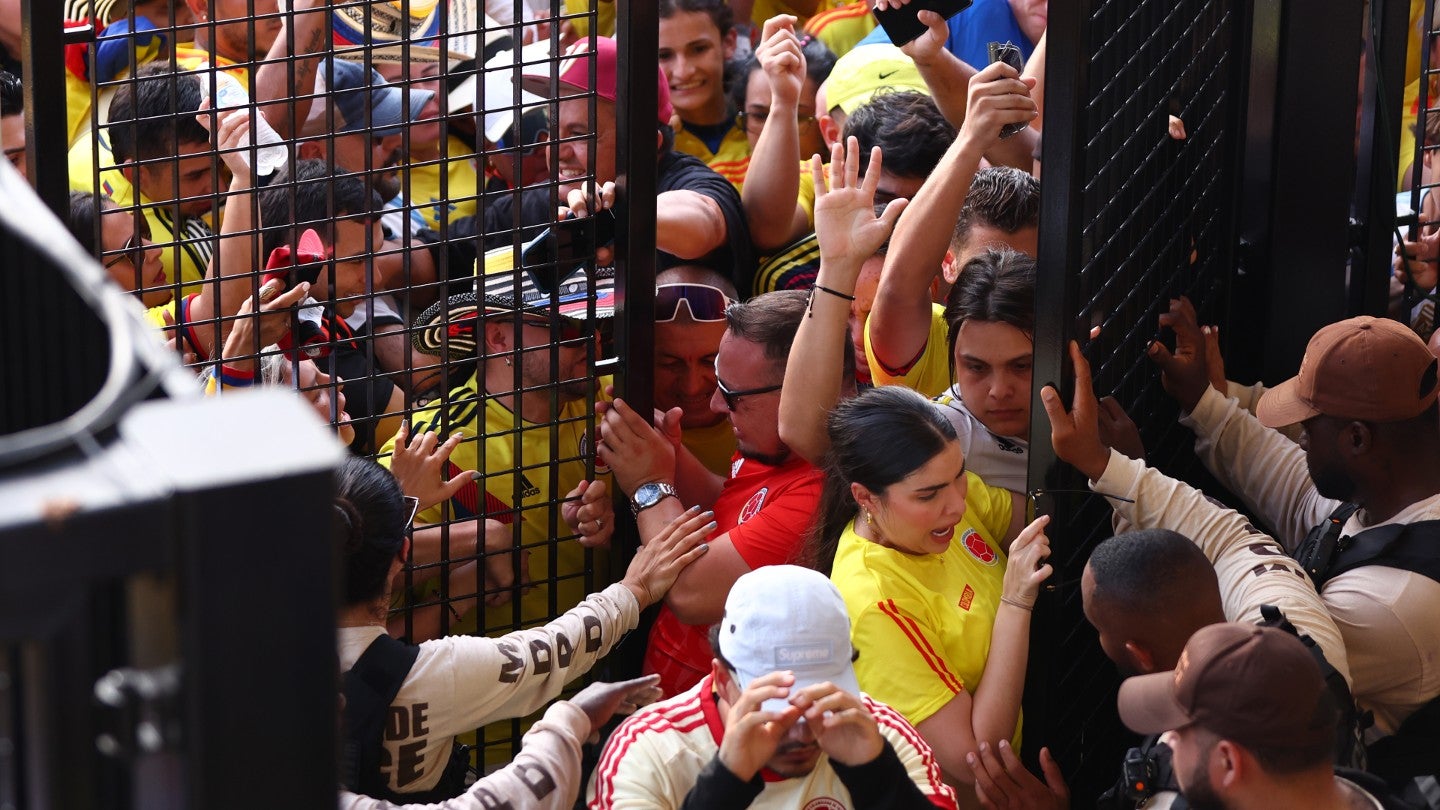
For geopolitical, financial and security reasons, hosting major sports events has become more and more challenging, pushing events like the World Cup or Olympics into the hands of nations wealthy enough to pay their extortionate costs.
Bids to host the ongoing Paris 2024 Olympics hit historic lows, with Los Angeles, the only other applicant, awarded hosting rights for the next Games in 2028.

Discover B2B Marketing That Performs
Combine business intelligence and editorial excellence to reach engaged professionals across 36 leading media platforms.
Over the next decade, millions of sports fans will pour into the US as it co-hosts the 2026 FIFA World Cup and then holds both the 2028 Summer Olympics and 2034 Winter Olympics in Salt Lake City.
A successful Olympic bid by a city in Latin America or Africa seems increasingly unlikely – even more so after the $20 billion in cost and rampant corruption of Rio 2016.
Such a climate looks set to create a self-perpetuating cycle of the richest, predominantly Western nations reaping the advertising revenue, cultural clout and diplomatic opportunities the Olympics and World Cup bring.

US Tariffs are shifting - will you react or anticipate?
Don’t let policy changes catch you off guard. Stay proactive with real-time data and expert analysis.
By GlobalDataAt Paris 2024, President Emmanuel Macron strived to display the very best of France as the city welcomed around 1.5 million visitors from across the globe.
The Parisian tourism office hoped to generate $2.9 million from tourists visiting the city during the Games, according to GlobalData’s Thematic Intelligence: Geopolitics in Sport (2024) report. Organisers of the Games reported that nearly nine million tickets had been sold or allocated.
A Copa América repeat?
Elitist hosting aside, there are other concerns about the approaching spate of American-dominated sporting events.
While the report points out that “the US certainly has the infrastructure and fanbases to host these events”, it also mentions the “two major incidents” which took place during the Copa América.
On 10 July, chaos descended on the Bank of America Stadium in Charlotte, North Carolina. After Colombia defeated Uruguay 1-0 in the semi-final of the competition, several Uruguayan players became involved in a mass brawl with Colombian fans who allegedly approached the stand containing their families.
Uruguay’s main striker Darwin Núñez featured prominently – and on 28 August was hit with a five-match ban and $20,000 fine.
Here’s the video of Nunez jumping up into the stands. He is told something by his significant other before he goes ballistic. #Uruguay #Colombia #CopaAmerica pic.twitter.com/Wvg8TXGi0b
— Favian Renkel (@FavianRenkel) July 11, 2024
The second major incident that occurred under US watch preceded the Copa América final between Argentina and Colombia at the Hard Rock Stadium in Miami, on 14 July.
Poor crowd control saw fans climb over security railings and barriers to get into the stadium, many without tickets. A potentially disastrous crowd crush was narrowly averted.
Ahead of the 2026 World Cup, it is “essential” that the US authorities and security learn from the events that unfolded last month, the report concludes.
“With the US having legalised gun rights, security protocols must be world-class, as events such as the FIFA World Cup and the Olympics are potential targets for individuals and groups looking to cause serious harm to people,” it says.





